@azswiss: Lots of potentially interesting stuff in that spreadsheet -- thanks for posting it!
Some quick thoughts off the top of my head...
I was very glad to see that you include the "Invalid" tab, showing all the PIDs that returned a Mode $7F response code of $31 ("Request Out Of Range"). To me, knowing which PIDs were queried and are
not supported by a vehicle is almost as important as knowing which PIDs
are supported.
Including the full vehicle response (especially with OBD message headers enabled) is also very nice because it can be very useful when deciphering vehicle and/or PID behavior!
The "Need Further Study" tab showing 2 vehicle responses for each PID listed there is consistently showing a Mode $7F response code of $23. I suspect that
@azswiss and
@TJBaker57 are already aware of this, but I'll mention it in case anyone else following along hasn't encountered it and/or for future readers of this excellent thread: Response code $23 means "Routine Not Complete" and is further explained in SAE J2190:
I've seen Mode $7F replies with response code $23 many times in the past on GM Buicks (P04 PCMs) but I really need to delve into it more at some point because it's been on my "to do" list for years now!
From my experience, the list of supported "data points" is almost impossible to categorize based on any single criterion. IMHO, you probably need to include every bit of information you list (model, engine, PCM) and maybe even more. I'm thinking of a list like this:
- VIN (with at least the first 11 characters provided, possibly "anonymized" with "x" in the last several characters)
- model year (e.g. 2005)
- manufacturer (e.g. GM)
- model (e.g. Chevy Avalanche, Buick Century, etc)
- engine configuration (displacement, cylinder count, and "family")
- other configuration/options (e.g. "Limited" versus "Custom" on some Buicks)
- PCM family (e.g. "P01", "P04", "P10", "P12", "P59")
- PCM OSID (when/where it's known)
I need to pore over this spreadsheet and the others some more when I get a chance.


 and did some testing. Here's a better graph:
and did some testing. Here's a better graph: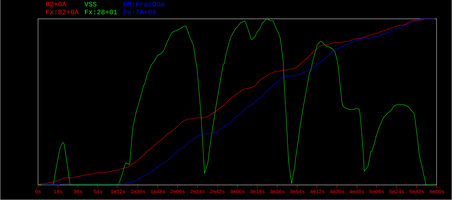

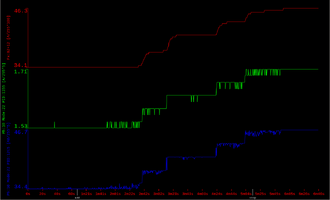
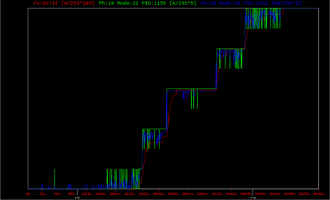
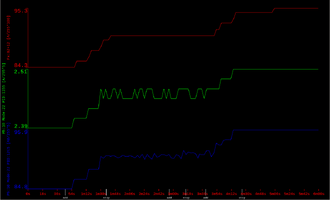
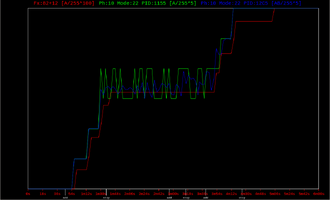
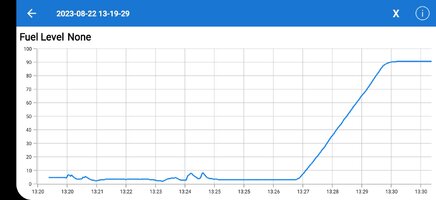


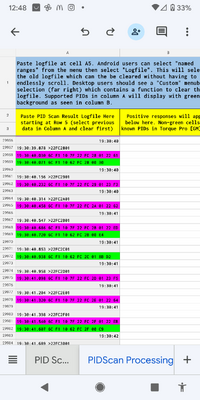
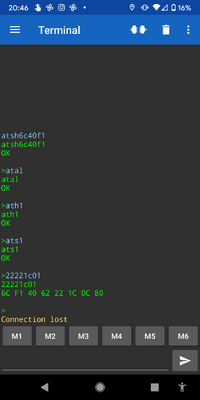
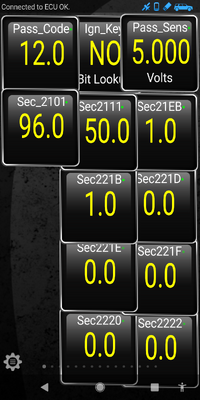
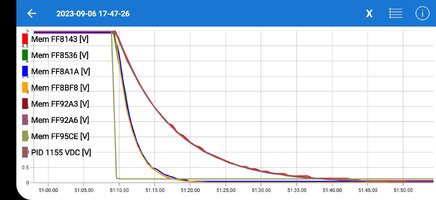

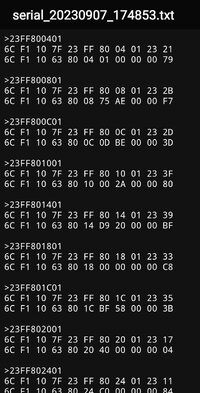
 (I have too many hobbies/projects and read too many websites, so I probably miss/forget a lot!)
(I have too many hobbies/projects and read too many websites, so I probably miss/forget a lot!)
 I reset an SDM key in a BCM with only my little bluetooth OBD2 adapter and a serial data terminal No fancy scantool required.
I reset an SDM key in a BCM with only my little bluetooth OBD2 adapter and a serial data terminal No fancy scantool required. Maybe one day when I finally go junkyard shopping for a spare PCM to bench test!
Maybe one day when I finally go junkyard shopping for a spare PCM to bench test!